
OR
Businesses reluctant to seek facility from Economic Revival Fund
Published On: March 14, 2017 12:40 AM NPT By: Republica | @RepublicaNepal
KATHMANDU, March 14: Only 11 industries and companies have sought financial subsidies from the economic revival fund that the government set up to help the private sector hit by the 2015 earthquakes, Tarai turmoil and the unofficial blockade imposed by India.
The government had initially planned to set up the fund of Rs 100 billion. It has, however, released only Rs 5 billion for the fund. In the 'Rehabilitation Fund', which is operationalized by the Nepal Rastra Bank (NRB), the government has deposited Rs 2.75 billion in 'Interest Subsidy Account' and Rs 2.25 billion in 'Refinance Account'.
Rajendra Pandit, the deputy spokesperson for the NRB, said that the central bank has received claims of around Rs 100 million from 11 businesses. He, however, said that the actual claim could go higher or lower as the central bank was still reviewing applications from the businesses.
Leaders of private sector lament that the facility came too late.
Though the cabinet meeting issued the Economic Rehabilitation Fund (Establishment and Operation Working Procedure) on February 24 last year, it could come into operation toward the end of 2016 only as some of the clauses need to be amended. Following the amendment, the NRB and Nepal Bankers Association (NBA) published a notice, seeking applications from business firms and industries affected by the Tarai unrest and earthquakes.
However, businesses have shown reluctance to seek facilities from the fund that has two components: interest subsidy and refinance support. The fund can be used to provide interest subsidy of 4 percent for loans up to Rs 100 million and 2 percent for loans more than Rs 100 million for specified sectors. Likewise, the fund can be used to provide credit to earthquake victims for specified business from BFIs at up to 5 percent interest rate. NRB provides refinance facility at 1.5 percent for such loans.
The fund was set up to revive economic activities contracted by the earthquakes, disruption in border points and the unrest in southern plains.
Borrowers from agricultural sector, tourism industry, small and micro enterprises, and manufacturing industries, who have been affected by the earthquake and Indian blockade, are expected to be benefitted from the subsidy scheme. Similarly, industries, tourism sector, including hotels and restaurants, hydropower projects, agricultural sector, and real estate companies can also get refinance facility under the scheme.
However, industrialists say that the cumbersome and lengthy process to get the facility have discouraged most of the industries to apply for the facility. “It's not like that industries and businesses were not affected by those unfavorable circumstances. However, the fund came into operation too late. And, the process is too lengthy to get the facility,” said Pashupati Murarka, president of Federation of Nepalese Chambers of Commerce and Industry (FNCCI). “Many industrialists have found it difficult to prove that the unrest affected their productivity by 50 percent.”
You May Like This
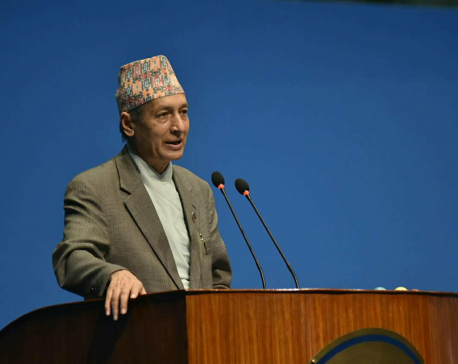
Economic survey presented, projection of 5.9 economic growth
KATHMANDU, May 27: Finance Minister Dr Yuba Raj Khatiwada presented the economic survey of the current fiscal year and annual status... Read More...

Some 60 percent fund in impoverished citizen treatment fund goes to kidney patients
KATHMANDU, Oct 25: Of the total budget that the government allocates every year to provide monetary assistance for the treatment... Read More...

Hoteliers seek foreign currency exchange facility
KATHMANDU, April 26: Hoteliers have sought flexibility in allowing exchange of foreign currencies to foreign tourists. They have also said that... Read More...
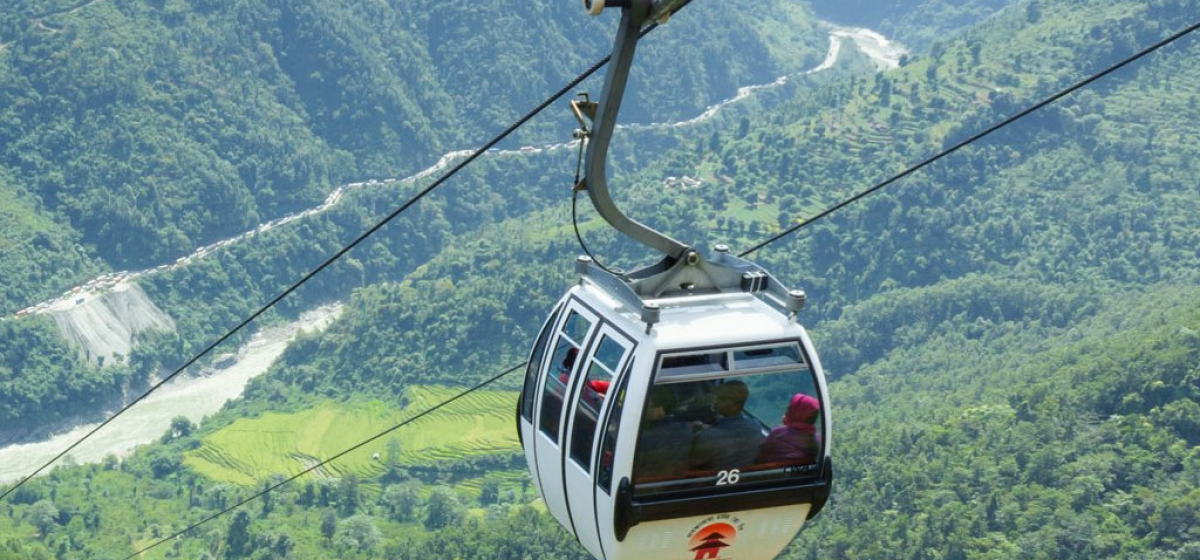


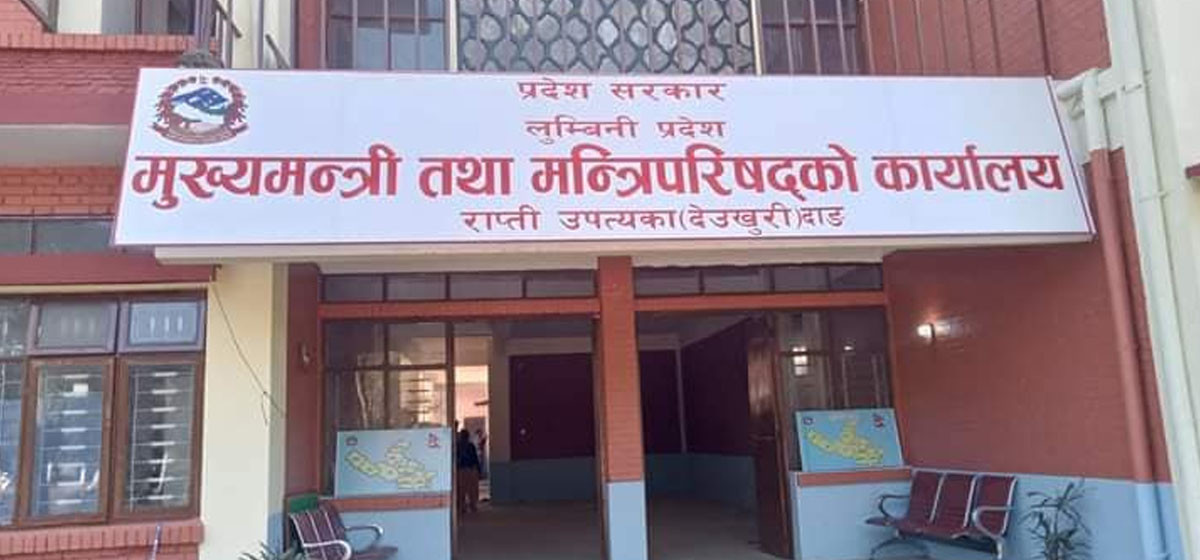
Just In
- Manakamana Cable Car service to remain closed tomorrow
- Nepal govt’s failure to repatriate Nepalis results in their re-recruitment in Russian army
- Sudurpaschim: Unified Socialist leader Sodari stakes claim to CM post
- ED attaches Raj Kundra’s properties worth Rs 97.79 crore in Bitcoin investment fraud case
- Newly-appointed Auditor General Raya takes oath
- CM Mahara expands Cabinet in Lumbini Province
- FinMin Pun addresses V-20 meeting: ‘Nepal plays a minimal role in climate change, so it should get compensation’
- Nepalis living illegally in Kuwait can return home by June 17 without facing penalties











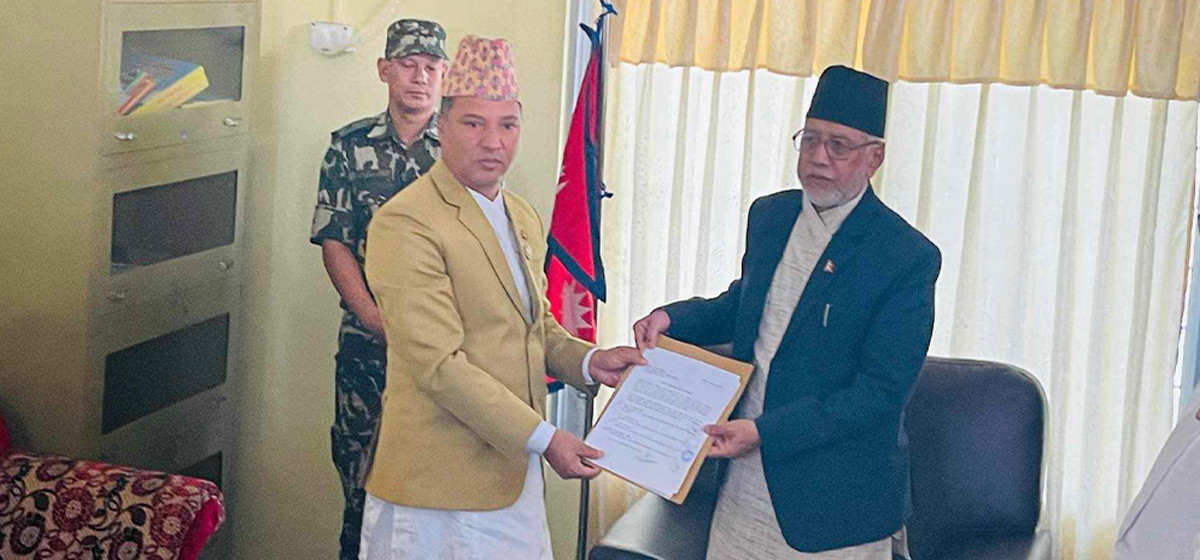
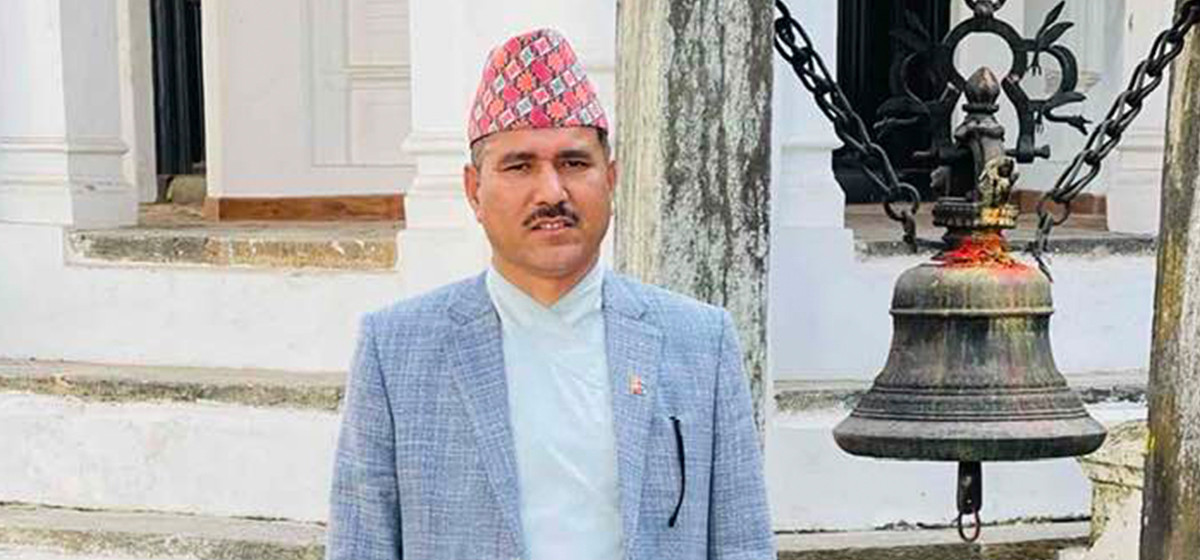
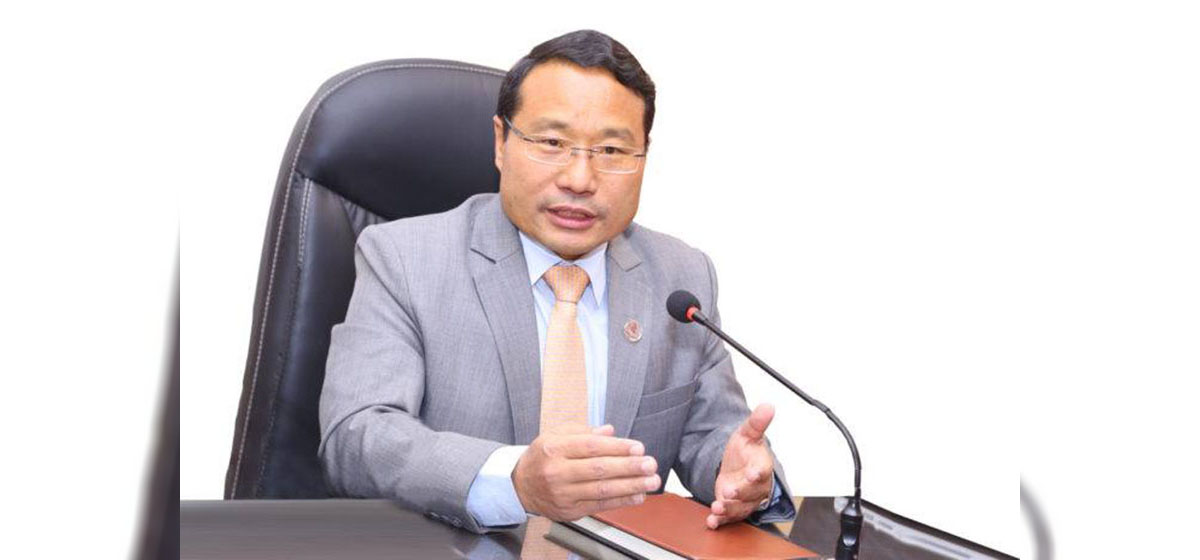

Leave A Comment